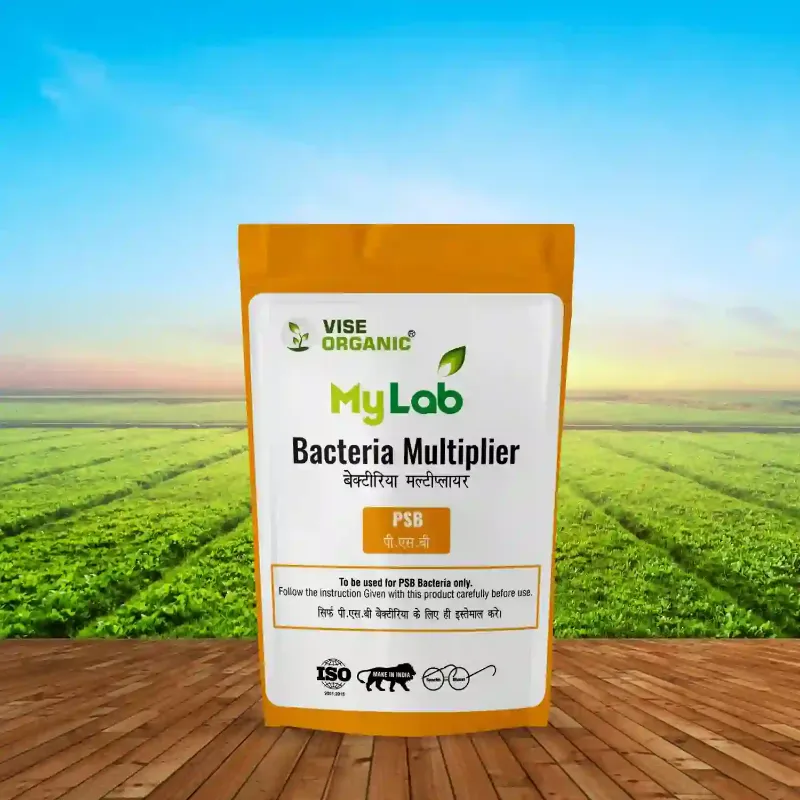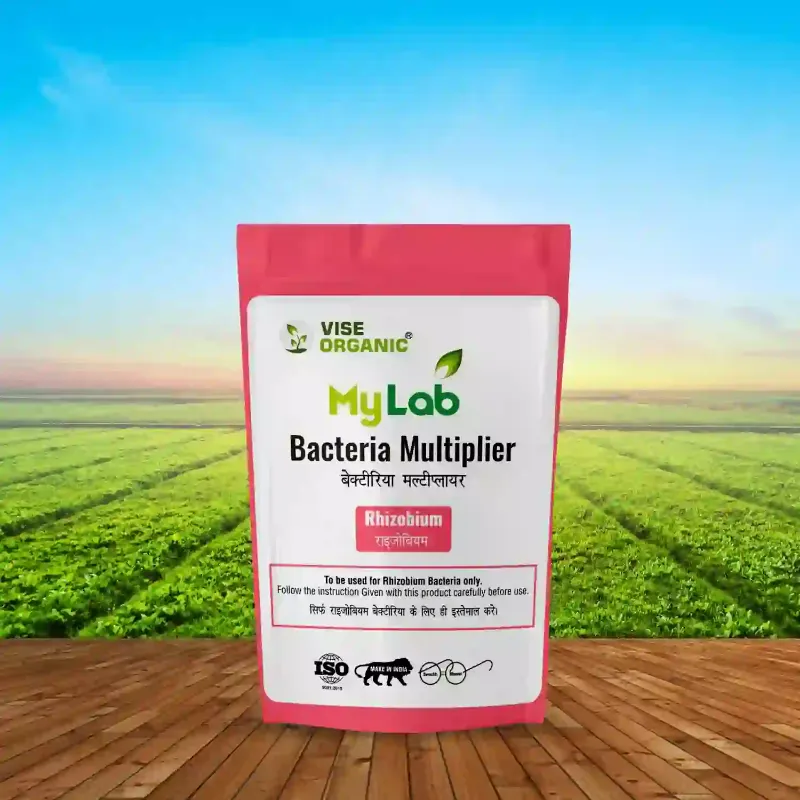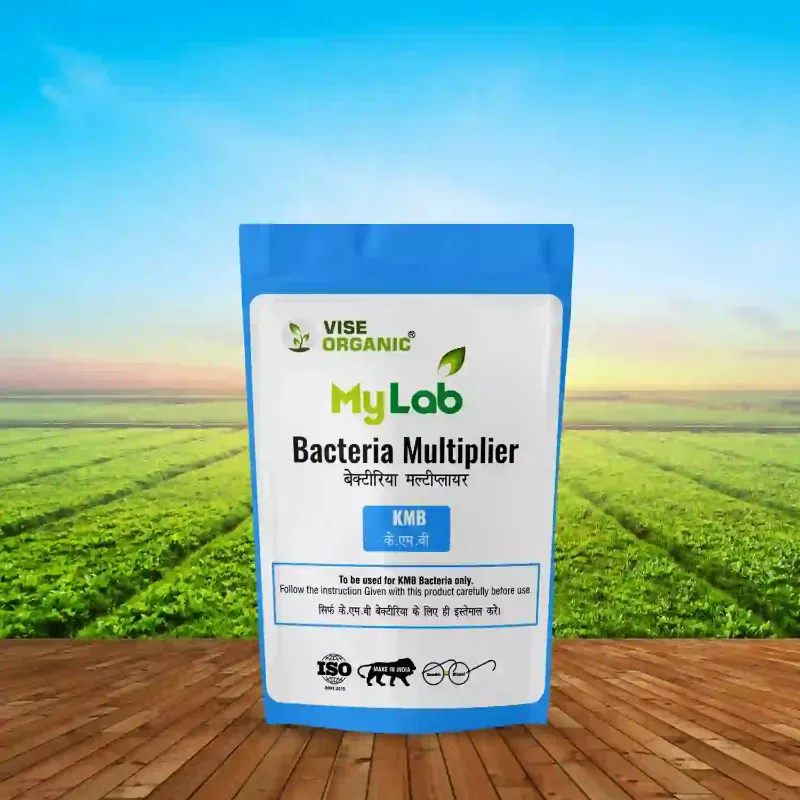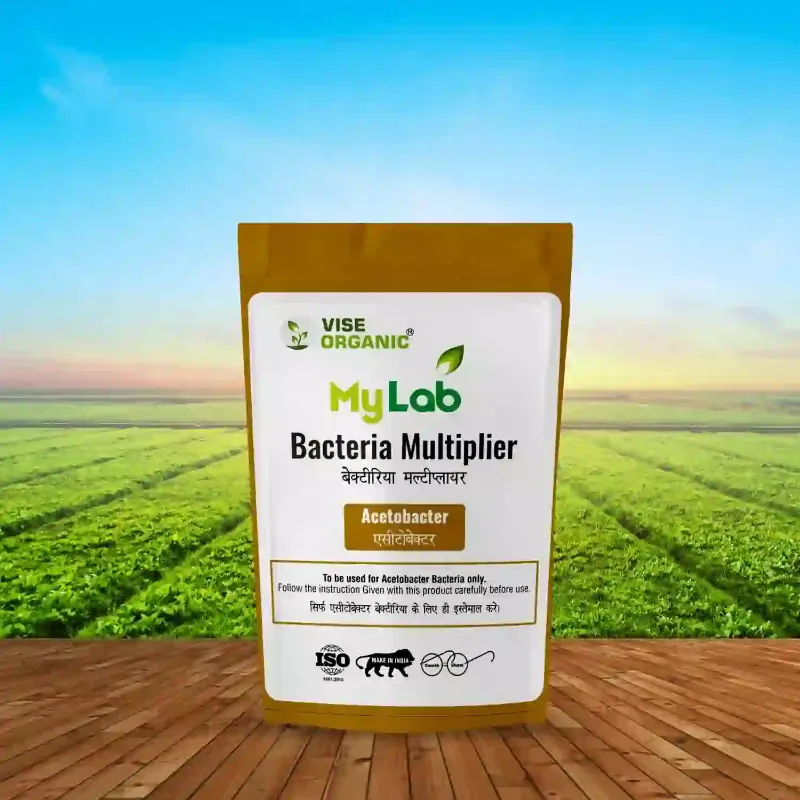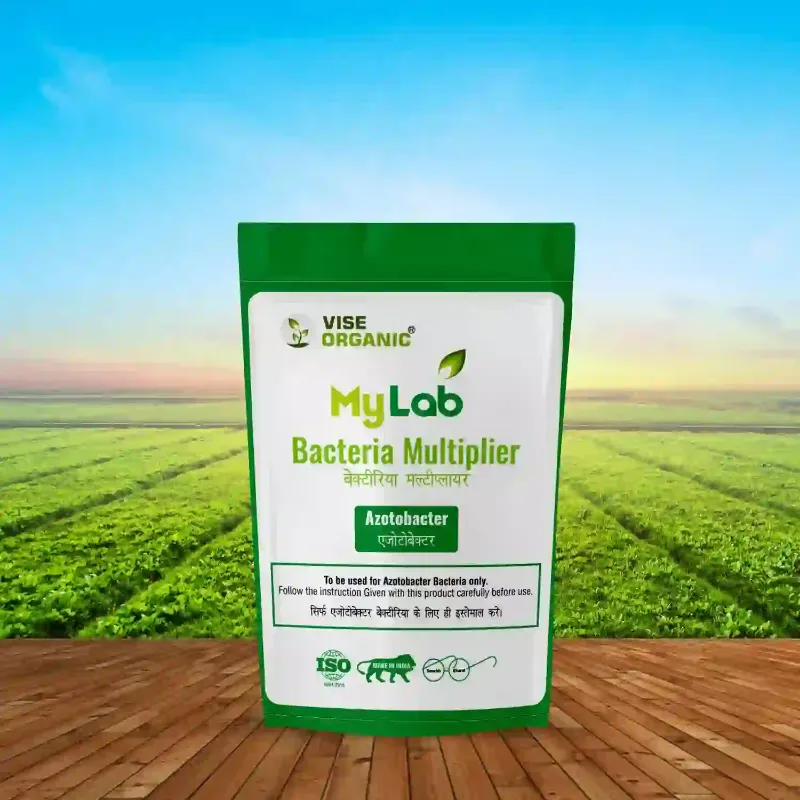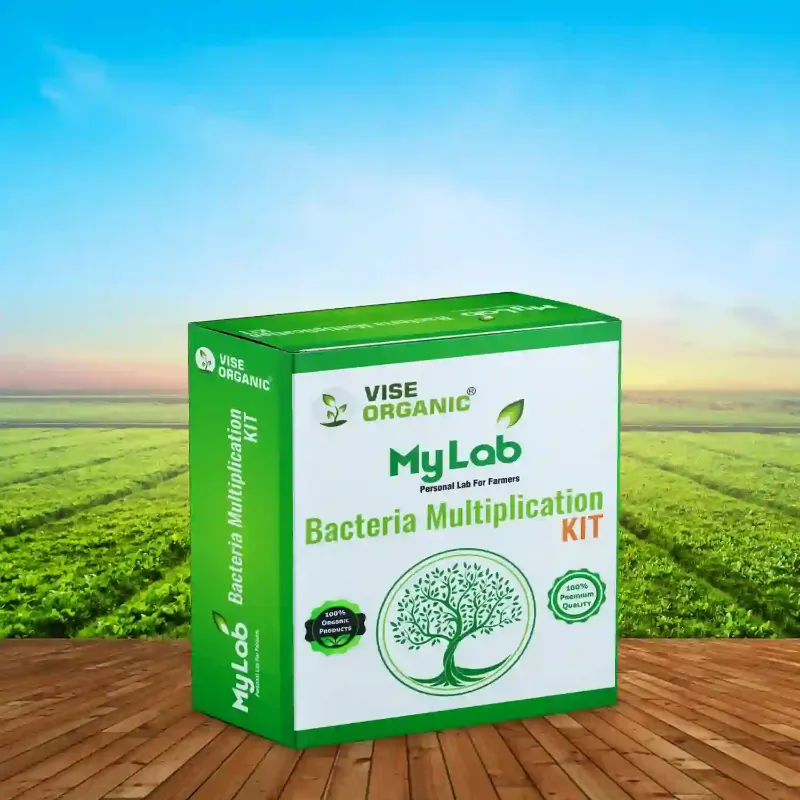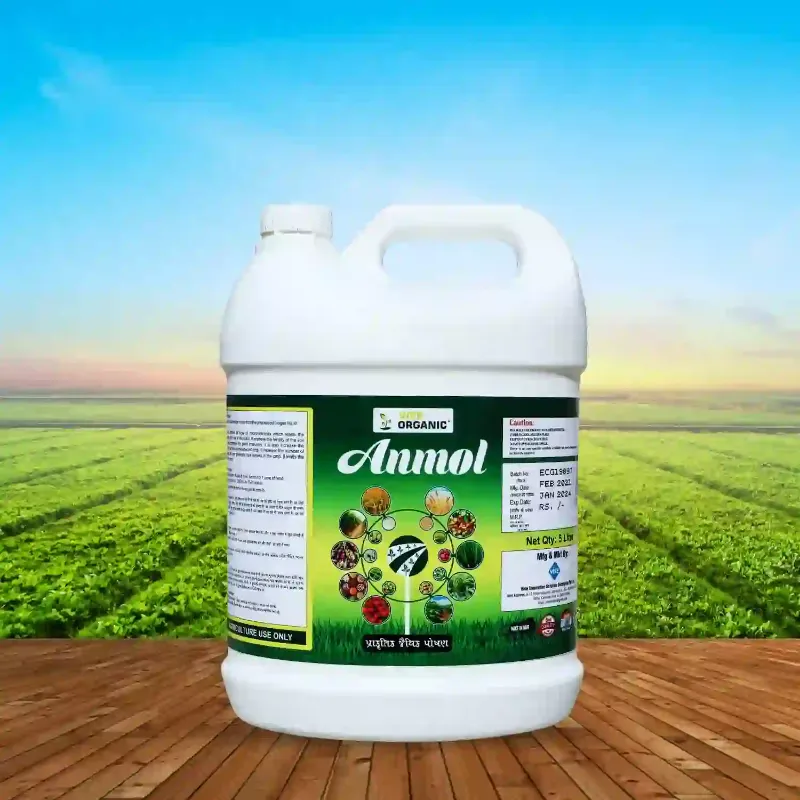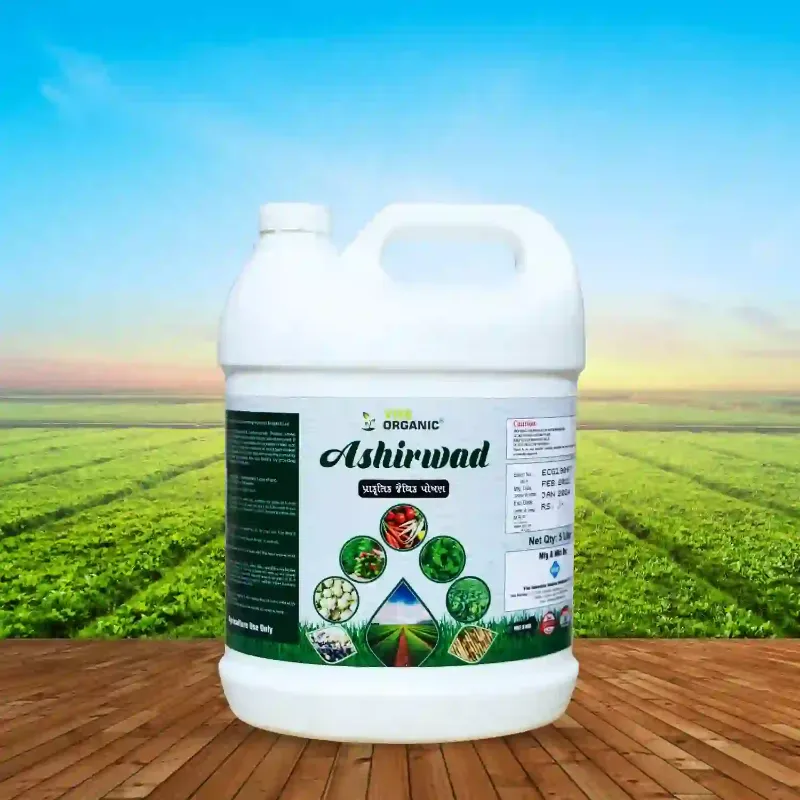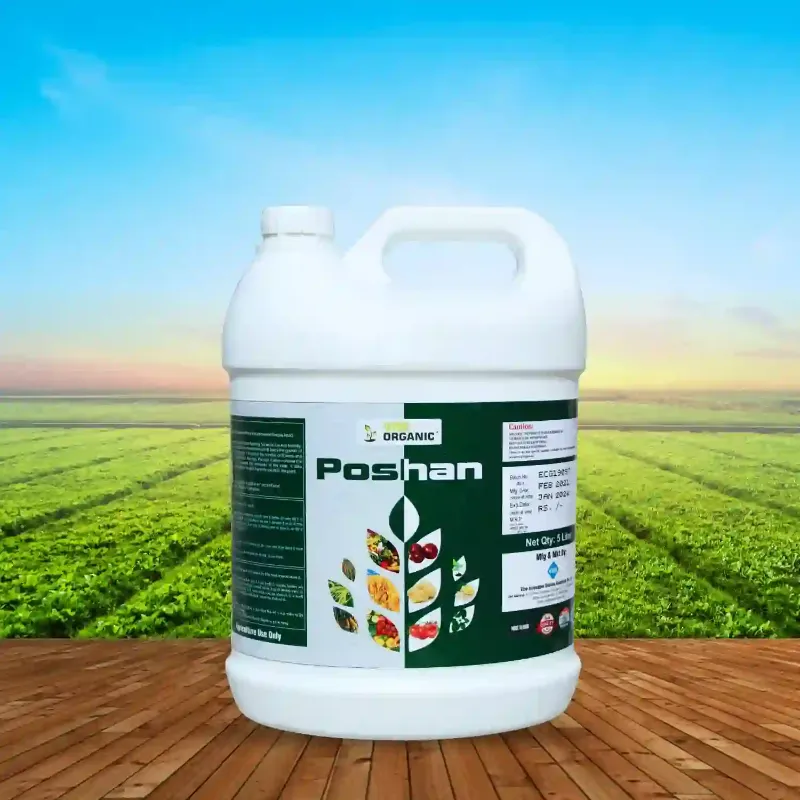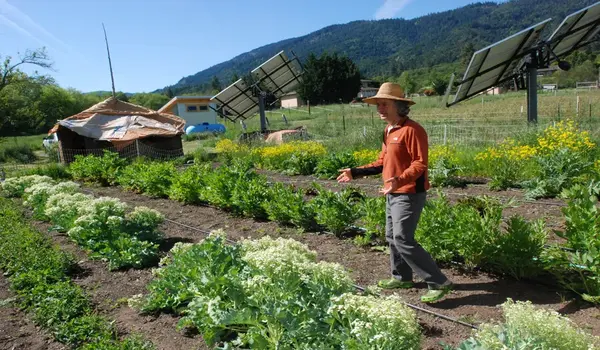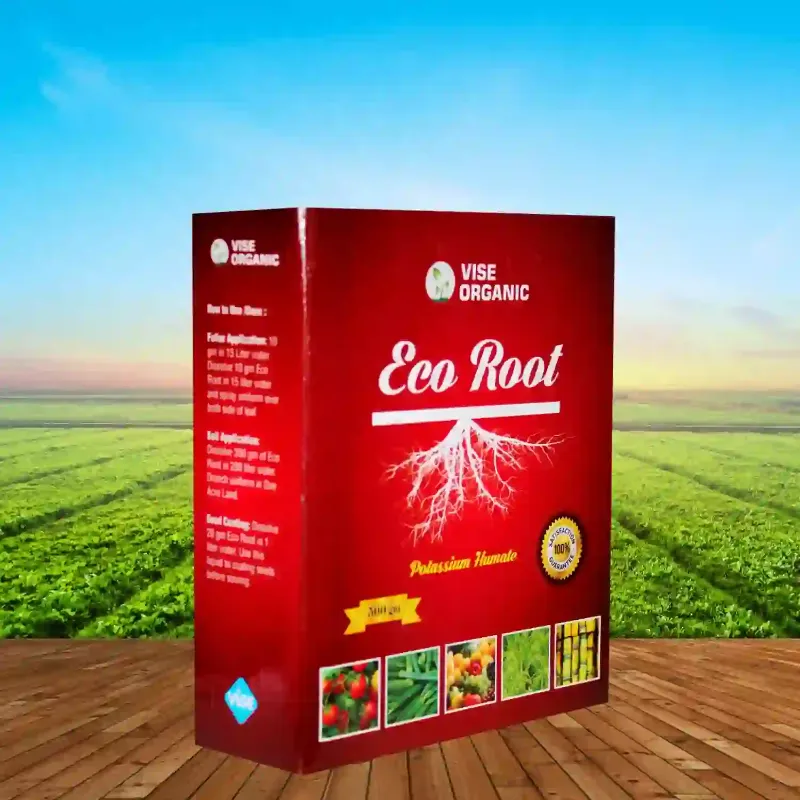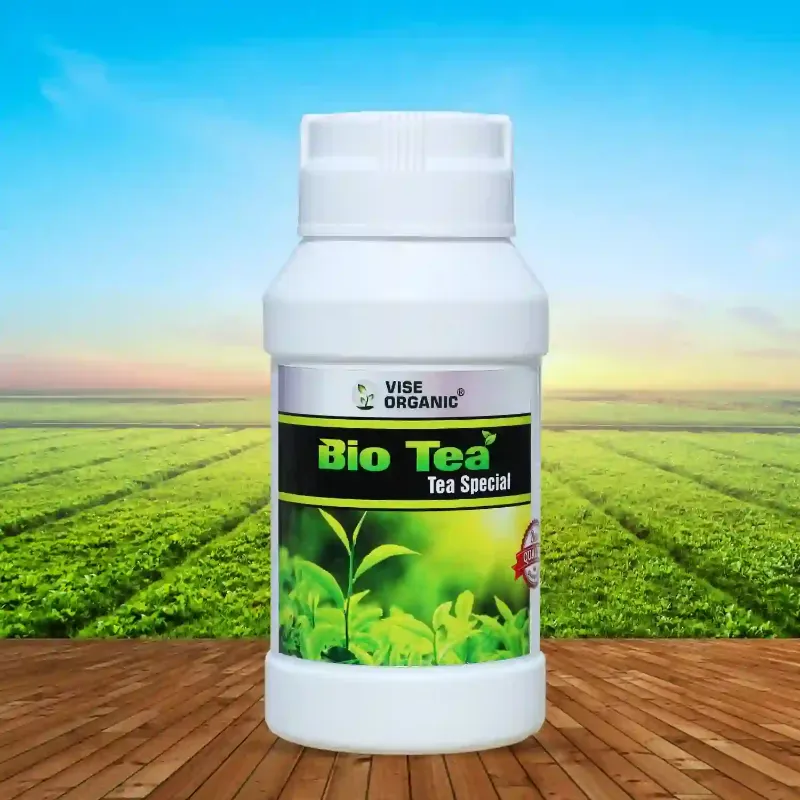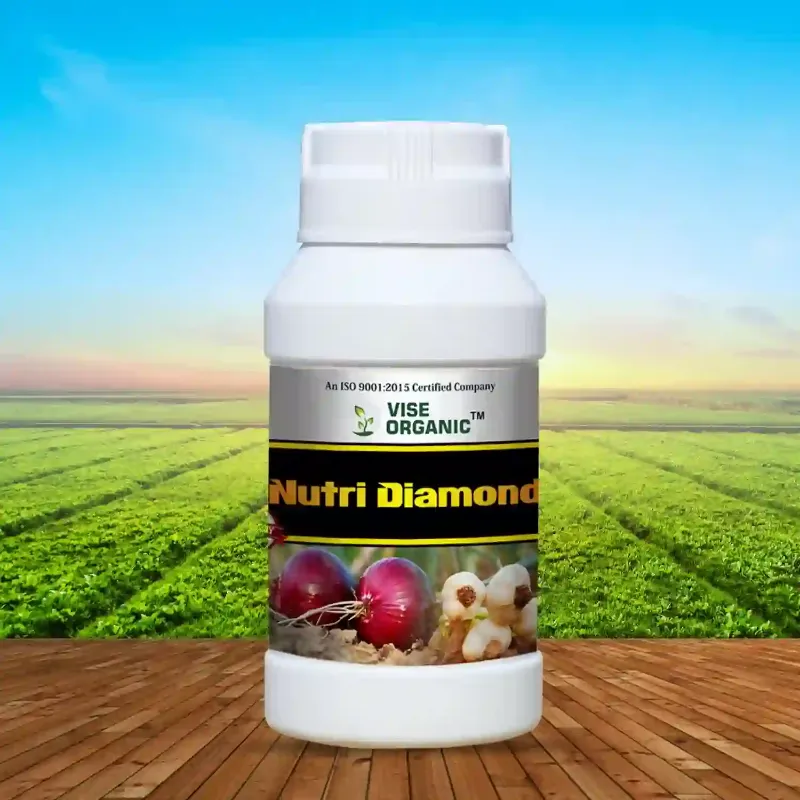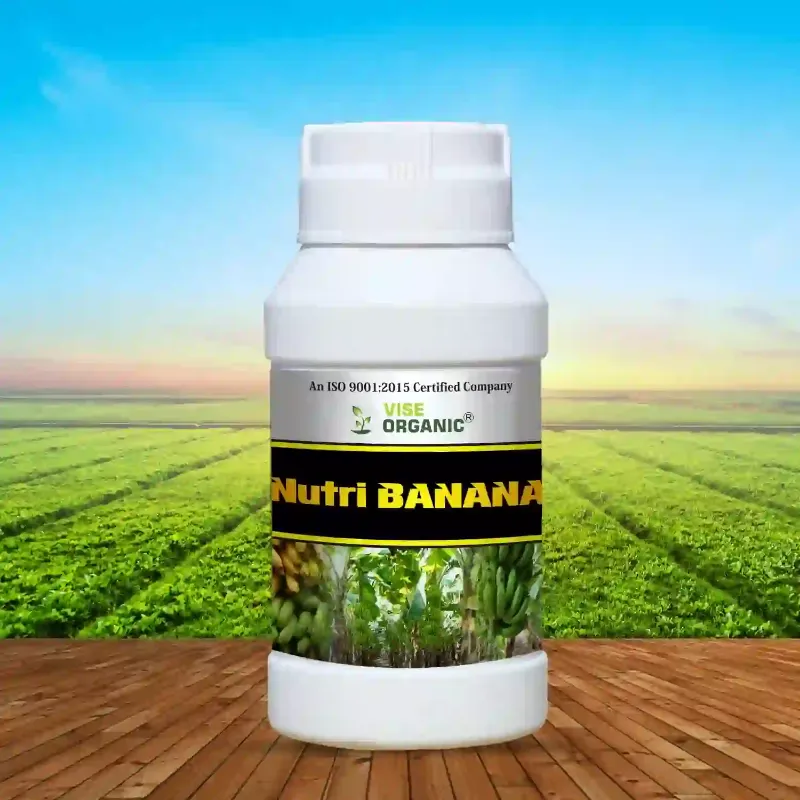Introduction
VISE Organic is at the forefront of promoting sustainable agriculture through innovative, eco-friendly solutions. Our mission is to empower organic farming and farmers with products that enhance crop quality, yield, and economic viability. VISE Organic specializes in creating high-quality organic fertilizers and plant growth promoters. Our products are designed to deliver essential nutrients to crops in a balanced manner, supporting optimal growth and development. By fostering a healthier soil ecosystem and reducing the need for chemical inputs, our solutions not only improve crop yields but also enhance the nutritional value and safety of the produce. VISE Organic is committed to sustainable agriculture, offering products that are both effective and environmentally friendly, ensuring long-term benefits for farmers and consumers alike.
Benefits of Organic Techniques
- Reduced Input Costs: Organic farming reduces the need for expensive synthetic fertilizers and pesticides, lowering overall input costs for farmers.
- Premium Prices: Organic products often fetch higher market prices due to their perceived health and environmental benefits, providing farmers with better income.
- Sustainable Practices: Organic farming practices promote soil health and fertility, leading to sustained crop productivity and reduced costs over time.
- Market Demand: Growing consumer demand for organic products opens up new market opportunities for farmers, ensuring a stable and expanding market.
- Environmental Benefits: Organic farming reduces pollution and conserves water, which can lead to cost savings and potential subsidies for sustainable practices.
- Resilience to Climate Change: Organic practices enhance soil structure and water retention, making farms more resilient to climate variability and reducing the risk of crop failure.
- Improved Farmer Health: Reduced exposure to harmful chemicals improves the health and safety of farmers, potentially lowering healthcare costs.
- Biodiversity Benefits: Organic farming promotes biodiversity, leading to natural pest control and pollination services, which can reduce the need for chemical interventions and associated costs.
What economic advantages do organic farming practices offer farmers?
- Lower Input Costs: Organic farming relies on natural inputs such as compost and manure, which are often cheaper than synthetic fertilizers and pesticides. This reduction in input costs can significantly improve the profitability of organic farms.
- Access to Premium Markets: Organic products are in high demand, and consumers are willing to pay a premium for them. This allows organic farmers to sell their produce at higher prices compared to conventionally grown crops, boosting their income.
- Sustainable Long-Term Investment: Organic farming practices enhance soil health and fertility, leading to sustained crop yields over the long term. This reduces the need for costly soil amendments and helps maintain productivity.
- Government Incentives and Subsidies: Many governments offer financial incentives and subsidies to support organic farming practices. These can include grants, tax breaks, and subsidies for organic certification, which can help offset the costs of transitioning to and maintaining organic farming methods.
- Reduced Health Costs: By avoiding synthetic chemicals, organic farmers reduce their exposure to potentially harmful substances. This can lead to better health outcomes and lower healthcare costs for farmers and their families.
Conclusion
Organic farming practices offer a range of economic advantages that can significantly benefit farmers. By reducing input costs, providing access to premium markets, and ensuring long-term soil health, organic farming enhances profitability and sustainability. Additionally, government incentives and improved health outcomes further contribute to the economic viability of farming. VISE Organic is committed to supporting farmers in their transition to and maintenance of organic practices, providing high-quality products that enhance crop quality and yield while promoting environmental sustainability. Embracing organic farming not only supports the economic well-being of farmers but also contributes to a healthier, more sustainable future for agriculture.

